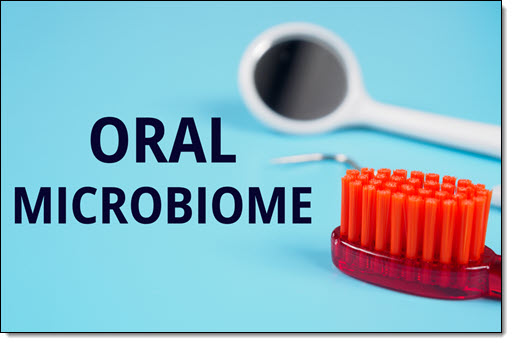The Link Between Gut Health and Bad Breath
Bad breath, or halitosis, isn’t always caused by poor oral hygiene. In many cases, the digestive system plays an important role. Imbalances in gut health can contribute to odors that rise through the esophagus and affect breath. Understanding this connection empowers patients to improve not only oral hygiene but also digestive wellness. A healthy gut often translates into fresher breath and improved overall health.
How Digestion Influences Breath
When the digestive system functions poorly, food doesn’t break down efficiently. This incomplete digestion leads to fermentation, gas buildup, and reflux. These byproducts can carry unpleasant odors into the mouth. Conditions like gastroesophageal reflux disease (GERD) often cause sour-smelling breath, no matter how well a patient brushes. Addressing digestive health becomes crucial to tackling the underlying source of the odor rather than simply masking it.
Gut Bacteria and Odor Production
 The gut microbiome contains billions of bacteria. When balanced, they support digestion and nutrient absorption. However, imbalances—known as dysbiosis—allow odor-causing bacteria to thrive. These bacteria release sulfur compounds and other gases that escape into the breath. Diets high in processed foods, sugar, or alcohol contribute to dysbiosis. By shifting toward whole foods, fiber, and probiotics, patients promote a healthier microbiome and reduce halitosis.
The gut microbiome contains billions of bacteria. When balanced, they support digestion and nutrient absorption. However, imbalances—known as dysbiosis—allow odor-causing bacteria to thrive. These bacteria release sulfur compounds and other gases that escape into the breath. Diets high in processed foods, sugar, or alcohol contribute to dysbiosis. By shifting toward whole foods, fiber, and probiotics, patients promote a healthier microbiome and reduce halitosis.
The Role of Diet and Hydration
Diet strongly affects both gut health and breath. Excessive sugar fuels harmful bacteria in the gut and mouth alike. On the other hand, fiber-rich fruits and vegetables support digestion while promoting saliva production. Staying hydrated also prevents dry mouth, a condition that worsens odor. Patients who combine good oral hygiene with balanced diets often notice improvements in both digestive comfort and oral freshness.
Working With Professionals
Persistent bad breath despite good oral care may require medical evaluation. Gastroenterologists can test for reflux, bacterial imbalances, or digestive disorders. Dentists may collaborate with physicians to ensure patients receive comprehensive treatment. Addressing both oral and gut health ensures long-term results rather than temporary fixes.
Bad breath doesn’t always start in the mouth. Gut health influences odor through digestion, bacterial balance, and reflux. By maintaining a healthy diet, staying hydrated, and seeking professional evaluation, patients can achieve lasting freshness and improved well-being.



 Foods like nuts, pretzels, raw carrots, or popcorn kernels stress the TMJ. The repetitive force of crunching irritates already inflamed joints. These items often lead to sharp pain or prolonged soreness after meals. Patients can choose softer alternatives such as yogurt, ripe bananas, or steamed vegetables. These substitutions protect the joint while still providing essential vitamins and minerals. Over time, avoiding hard foods reduces irritation and preserves jaw flexibility.
Foods like nuts, pretzels, raw carrots, or popcorn kernels stress the TMJ. The repetitive force of crunching irritates already inflamed joints. These items often lead to sharp pain or prolonged soreness after meals. Patients can choose softer alternatives such as yogurt, ripe bananas, or steamed vegetables. These substitutions protect the joint while still providing essential vitamins and minerals. Over time, avoiding hard foods reduces irritation and preserves jaw flexibility.